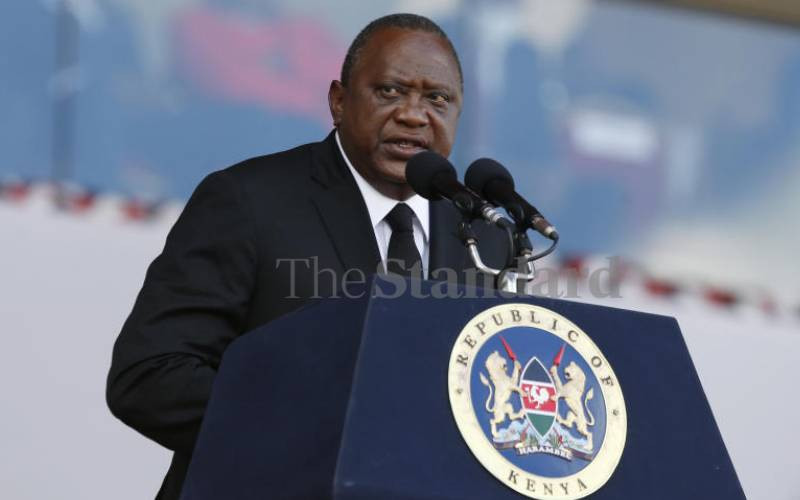×
The Standard e-Paper
Kenya’s Boldest Voice

With about three weeks to go before he packs his bags, President Uhuru Kenyatta has set out to define his exit through a series of sunset acts that may outlive his presidency and underline the trajectory of the next administration.
After what looked like a lull period in which he neither laid his cards bare nor moved out, the President is finally laying the speculation about the role he will play in succession politics at their prime.